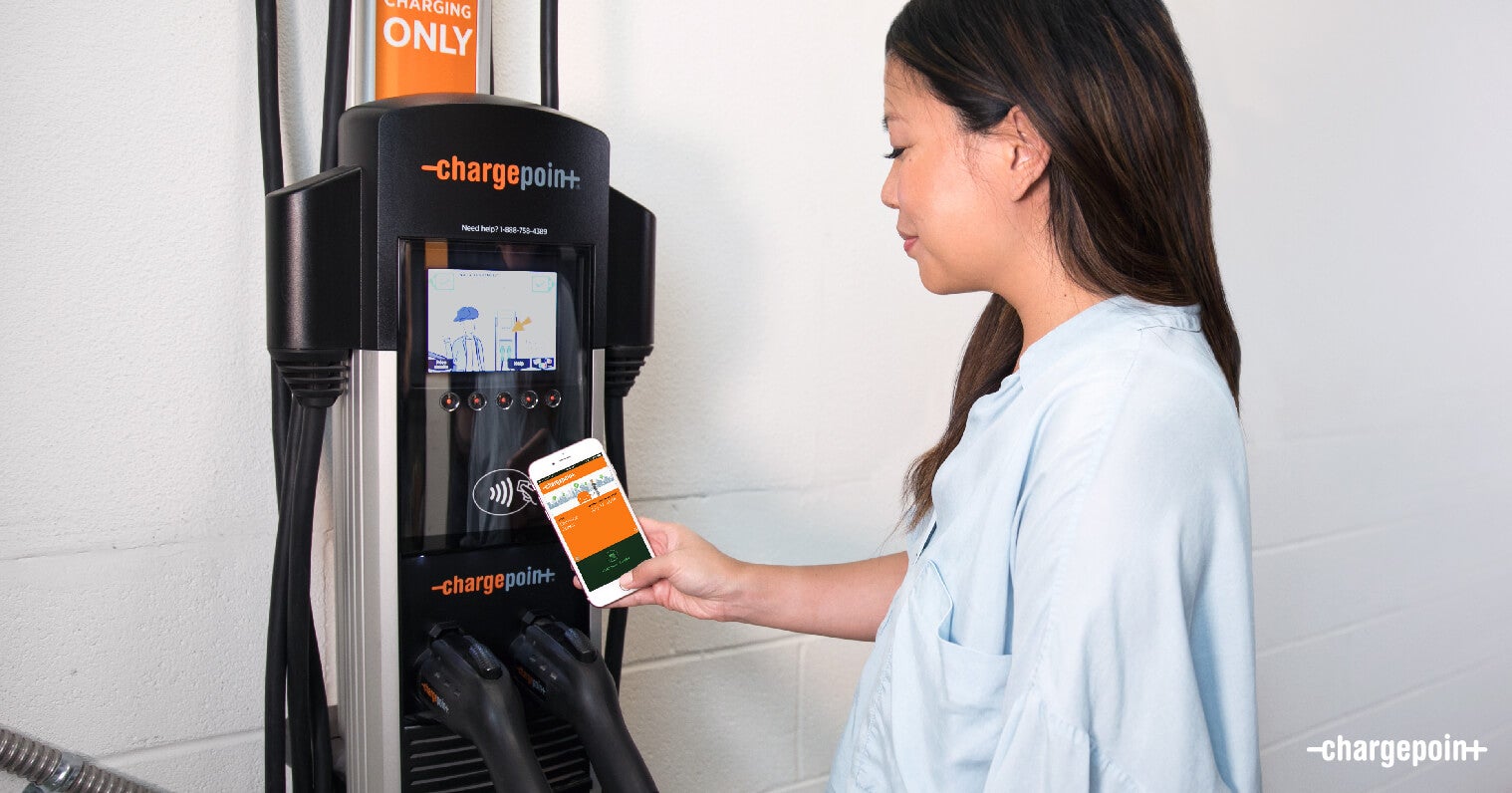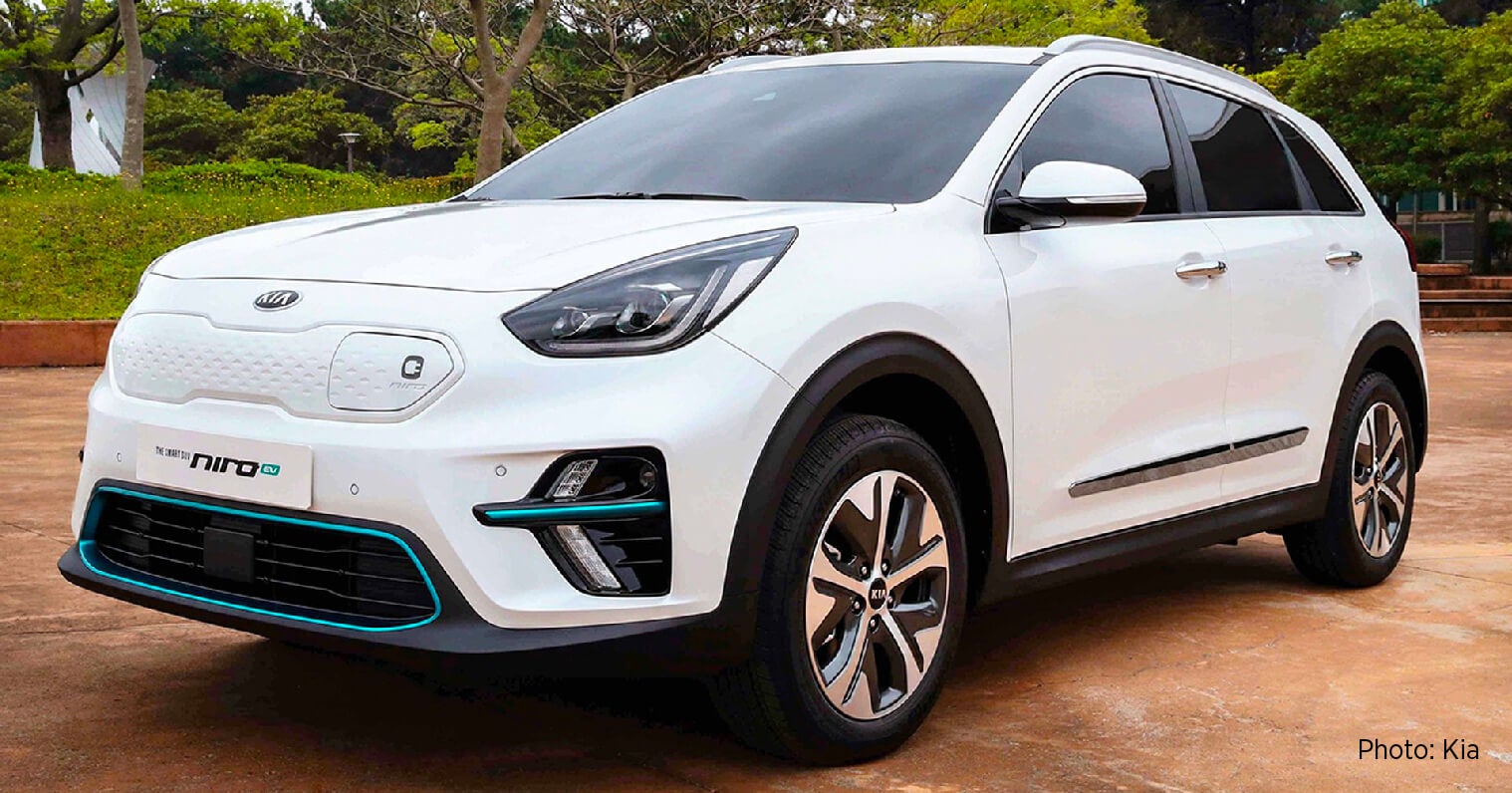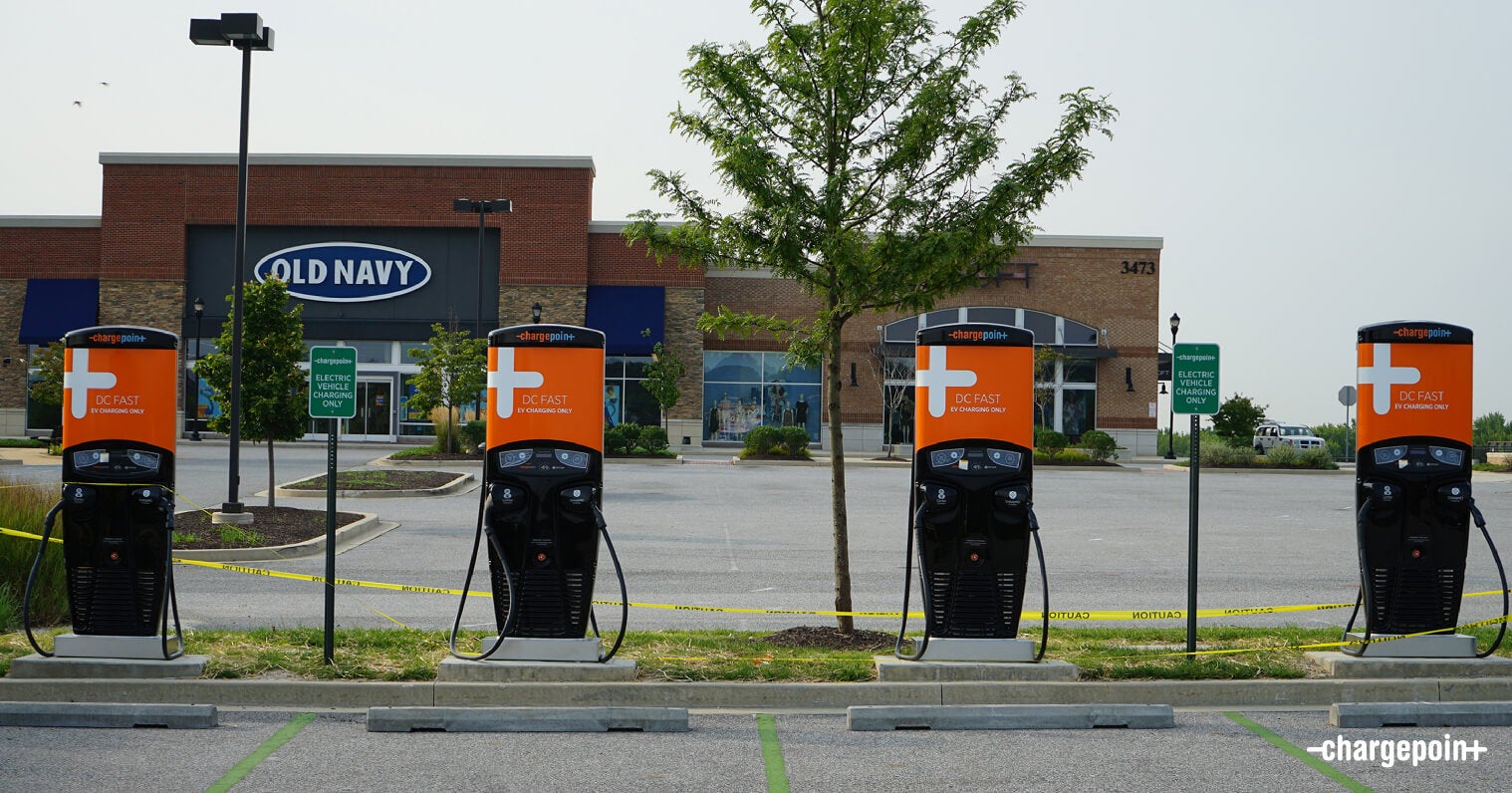
We've been helping people charge their EVs for nearly 12 years, and during that time we’ve seen plenty of different myths about EVs surface. We busted some EV myths for you a while ago, and now it’s time to tackle another round of misconceptions. Here we take a look at some new myths that we’ve seen percolating and debunk them as soundly as we can.
1. We need to pay with credit cards—BUSTED
Some people think it would be easy to swipe a credit card to charge like at the gas pump, but doing so would have many drawbacks. Credit card readers are highly susceptible to hackers skimming your data. They’re also not designed to be out in the elements—they can get iced over (by actual ice, not internal combustion engine vehicles) and become impossible to use. Paying securely with an account that protects your personal data, provides real-time updates on charging and tracks your charging info in one place is beneficial. Plus, you can always call us anytime at 1-888-758-4389 and we'll help you start a charge over the phone, even if you don't have a ChargePoint account.
2. There aren’t enough affordable EV options—BUSTED
Several years ago, affordable EV options may have seemed limited to quirky sedans with under 100 miles of range. Now that automakers have expanded their offerings significantly, it’s possible to get hundreds of miles of range for less than the average U.S. car price from affordable models like the Kia Niro EV and PHEV, Nissan LEAF PLUS and more. The wide variety of new 2019 EV models really offers something for everyone. Haven’t found the right EV model for you yet? Check out our EV showroom to see what’s available.

3. We need fast charging everywhere—BUSTED
Seeing a new fast charging spot is always exciting. But most EV drivers do most of their charging at home and work, so faster isn’t always better. Fast charging has an important place, like on long trips or when you’re in a pinch, but it isn’t typically the right choice for everyday charging—it’s a “sometimes” thing. In addition, we should avoid thinking of EV charging as a “chicken and egg" problem that requires thousands of fast chargers to be installed everywhere before EV adoption takes off. Instead, think of charging as a hot dog and bun problem: as we keep adding more chargers, people will keep buying more cars and the ratio will even out over time.

4. EV incentives don’t work or are only for the rich—BUSTED
Multiple studies confirm that a variety of incentives work to encourage EV adoption at all income levels. Additionally, EVs save society a significant amount of greenhouse gas emissions and reduce healthcare costs by improving air quality. These societal benefits really add up.
“Financial incentives for vehicles, such as rebates and tax credits, are very effective.”
– Center for American Progress
5. There are too many networks—PARTIALLY BUSTED
We all want to be able to charge wherever we go. But not every charging station out there is on the same network. So what’s an EV driver to do? Take heart: charging providers are working to open up networks and create peer-to-peer roaming agreements like the ones we're setting up with EVBox, FLO and Greenlots around the world. Peer-to-peer agreements let drivers access up-to-date info and get the best charging experience on both networks. We’re excited to keep working on making charging as easy as possible as we roll out these and other partnerships.

BONUS MYTH: EV batteries are bad for the environment—PARTIALLY BUSTED
Sometimes people think that the environmental costs of EV batteries outweigh the benefits of driving electric. While it takes about a year for EVs to overcome the environmental impact of the materials used to make them, they still provide a substantial environmental benefit over time. And unlike oil and gas, batteries can be reused for grid infrastructure or backup power, as well as recycled to make more batteries.
“We found that battery electric cars generate half the emissions of the average comparable gasoline car, even when pollution from battery manufacturing is accounted for.”
– Union of Concerned Scientists
Note: There are important concerns regarding the labor that is used to extract lithium, and we support automakers that are committed to sourcing lithium ethically.
Did we convince you to go electric yet? Find your EV and get our app to find places to charge near you.

